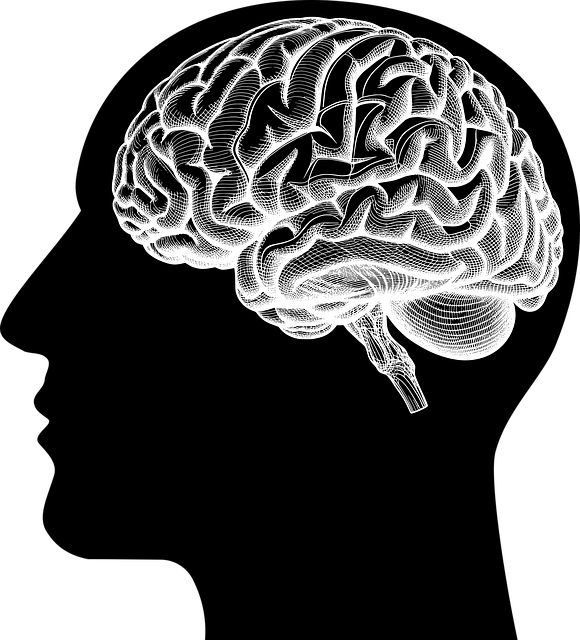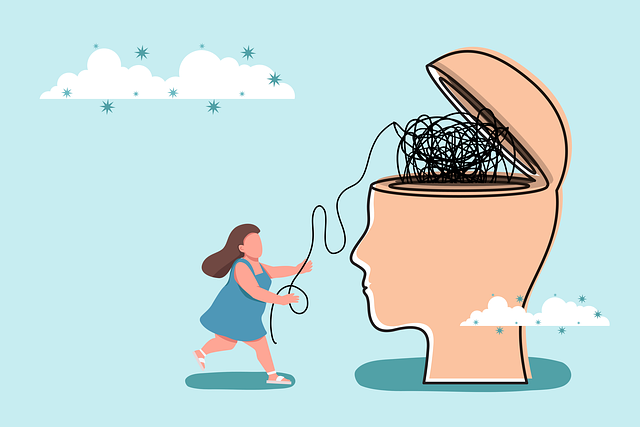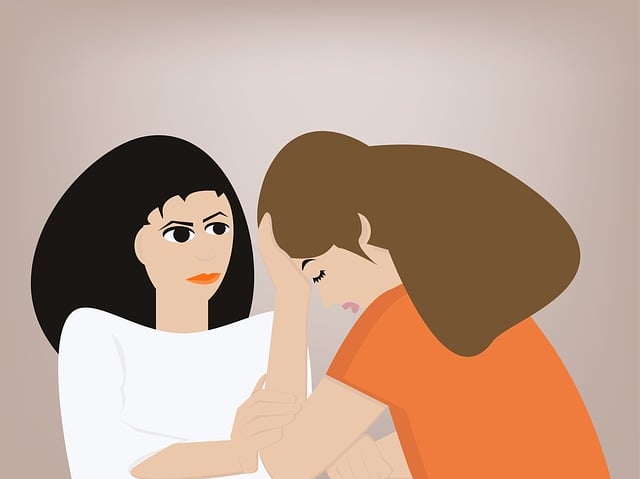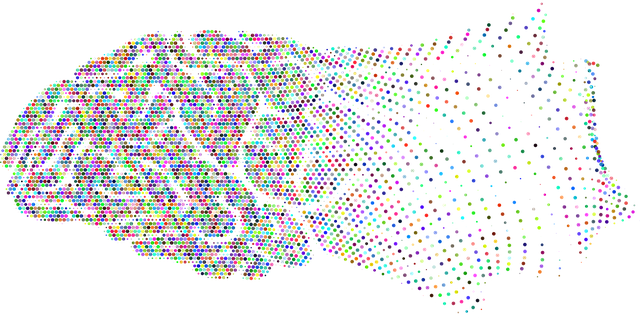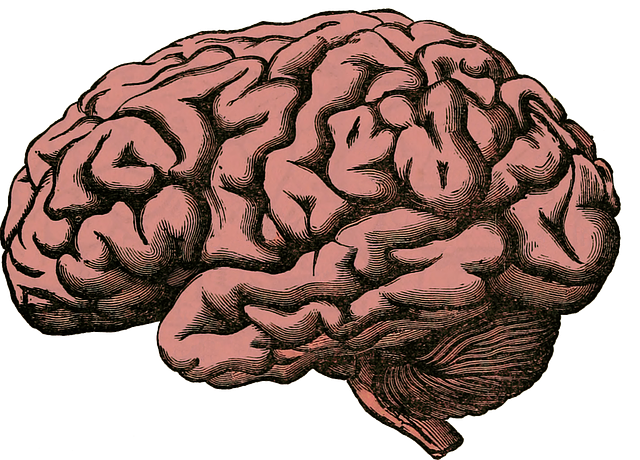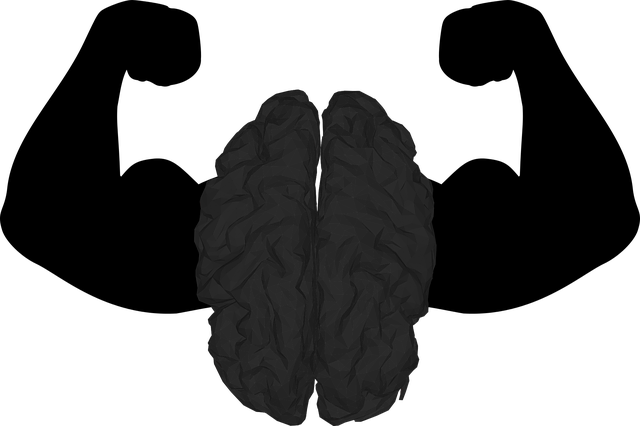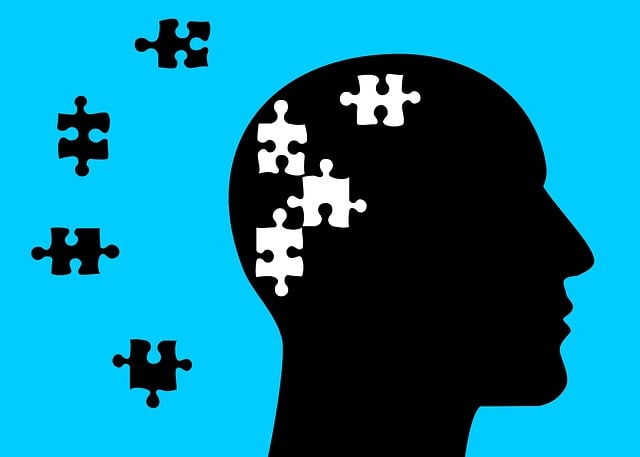Louisville Biofeedback Therapy (LBT) is a pioneering mental healthcare center in Louisville, Kentucky, that emphasizes cultural sensitivity as a core principle. By incorporating mindfulness meditation, anxiety relief techniques, and culturally tailored approaches, LBT creates inclusive environments that address the unique needs of diverse individuals. Through active listening, open communication, and respect for cultural contexts, they foster positive thinking, build trust, and enhance therapeutic outcomes, revolutionizing mental healthcare in Louisville with a holistic and sensitive approach.
In today’s diverse society, cultural sensitivity in mental healthcare is paramount. The practice of Louisville Biofeedback Therapy exemplifies this approach, offering tailored treatments that respect and integrate patients’ cultural backgrounds. This article explores the importance of cultural diversity in mental health care, highlighting successful initiatives like Louisville Biofeedback Therapy. We discuss strategies for building trust, effective communication, and overcoming barriers to provide culturally competent care. By embracing these practices, healthcare professionals can better serve a wide range of patients.
- Understanding Cultural Diversity in Mental Health Care
- Louisville Biofeedback Therapy: A Cultural Sensitivity Approach
- Building Trust and Effective Communication
- Overcoming Barriers: Strategies for Culturally Competent Practice
Understanding Cultural Diversity in Mental Health Care

Understanding Cultural Diversity in Mental Health Care is a crucial aspect of providing effective treatment, especially in a diverse city like Louisville. With a rich tapestry of cultures, Louisville Biofeedback Therapy recognizes that mental health issues do not exist in a vacuum but are deeply influenced by cultural backgrounds, beliefs, and traditions. This sensitivity involves recognizing and respecting the unique ways individuals from various ethnic and cultural groups express and cope with stress, anxiety, and mood disorders, such as depression.
Integrating mindfulness meditation and anxiety relief techniques into therapy sessions can be a game-changer for culturally diverse clients. These practices have been shown to help individuals manage their mental health while also fostering a deeper sense of connection and understanding of themselves and their communities. By incorporating these strategies, Louisville Biofeedback Therapy aims to create a safe and inclusive environment, ensuring that every client receives the highest quality of care tailored to their specific needs and cultural context.
Louisville Biofeedback Therapy: A Cultural Sensitivity Approach

In Louisville, a pioneering approach to mental healthcare is gaining traction—Louisville Biofeedback Therapy (LBT). This innovative practice goes beyond traditional therapy by integrating cultural sensitivity as a core principle. Recognizing that mental health care must be tailored to meet the unique needs of diverse communities, LBT prioritizes empathy building strategies and emotional intelligence.
The therapists at Louisville Biofeedback employ techniques aimed at fostering positive thinking and understanding. By embracing this inclusive methodology, they create a safe space where individuals from various cultural backgrounds can receive personalized treatment. This approach not only enhances the effectiveness of therapy but also ensures that every client feels respected and heard, ultimately contributing to their well-being and recovery journey.
Building Trust and Effective Communication

Building trust and fostering effective communication are paramount aspects of providing culturally sensitive mental healthcare, especially in diverse communities like Louisville, Kentucky. When working with individuals from different cultural backgrounds, therapists must be mindful of potential language barriers, unique beliefs, and varied expressions of distress. At Louisville Biofeedback Therapy, we prioritize understanding our clients’ cultural contexts to ensure every session is inclusive and beneficial.
Through active listening, open-ended questions, and clear explanations tailored to individual needs, therapists can create a safe space for clients to express themselves honestly. This approach not only enhances the therapeutic alliance but also facilitates more accurate assessments and effective interventions. Encouraging open dialogue about cultural perspectives on mental health, as part of our Mental Wellness Podcast Series Production, can further enrich the therapeutic process, ultimately contributing to better outcomes and stronger relationships in Louisville and beyond.
Overcoming Barriers: Strategies for Culturally Competent Practice

In the field of mental healthcare, cultural sensitivity is paramount to providing effective treatment. Louisville Biofeedback Therapy has recognized that overcoming barriers to culturally competent practice is essential for fostering inclusive and supportive environments. One key strategy involves active listening and open communication, allowing clients to express their cultural beliefs and values freely. By creating a safe space, therapists can adapt their approaches to align with clients’ preferences, ensuring respect and understanding.
Additionally, integrating coping skills development and mood management techniques tailored to individual cultures can significantly enhance treatment outcomes. Risk management planning for mental health professionals should incorporate cultural considerations to prevent misunderstandings and promote effective interventions. These strategies not only improve client satisfaction but also contribute to the overall success of Louisville Biofeedback Therapy in addressing diverse mental health needs.
In addressing mental healthcare’s evolving landscape, Louisville Biofeedback Therapy exemplifies a culturally sensitive approach that is transformative. By understanding and appreciating cultural diversity, as illustrated in this article, practitioners can build stronger connections with clients from various backgrounds. Effective communication and trust-building are key to overcoming barriers, ensuring every individual receives the highest quality of care tailored to their unique needs. Adopting these strategies not only enhances therapeutic outcomes but also fosters a more inclusive and equitable mental healthcare system, reflecting the diverse communities we serve.
